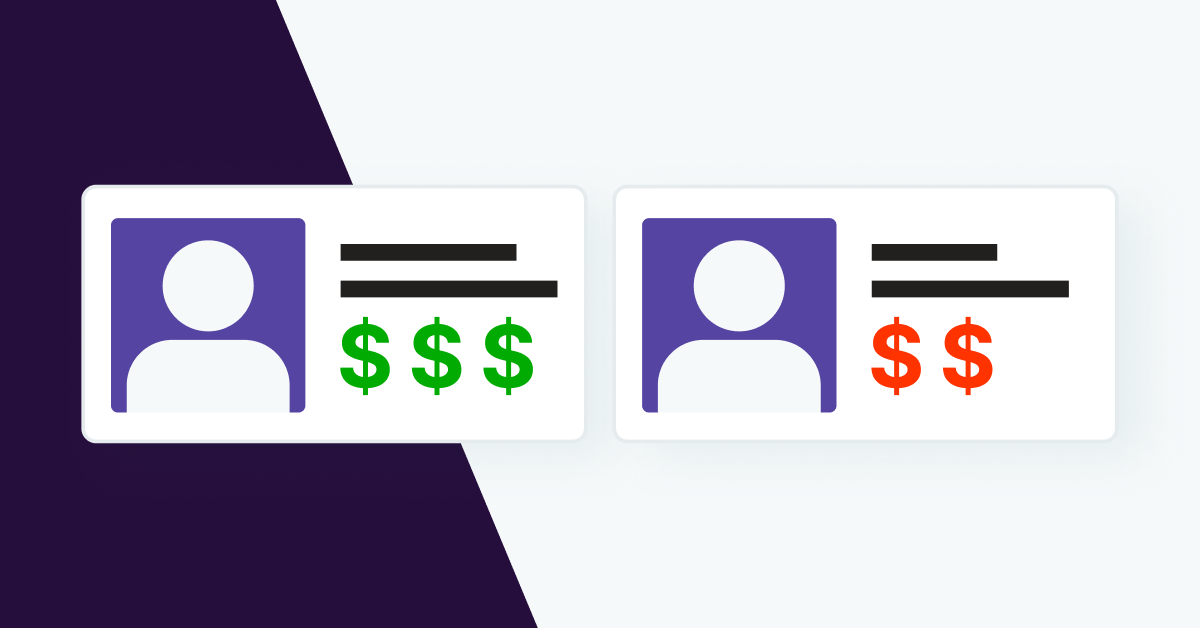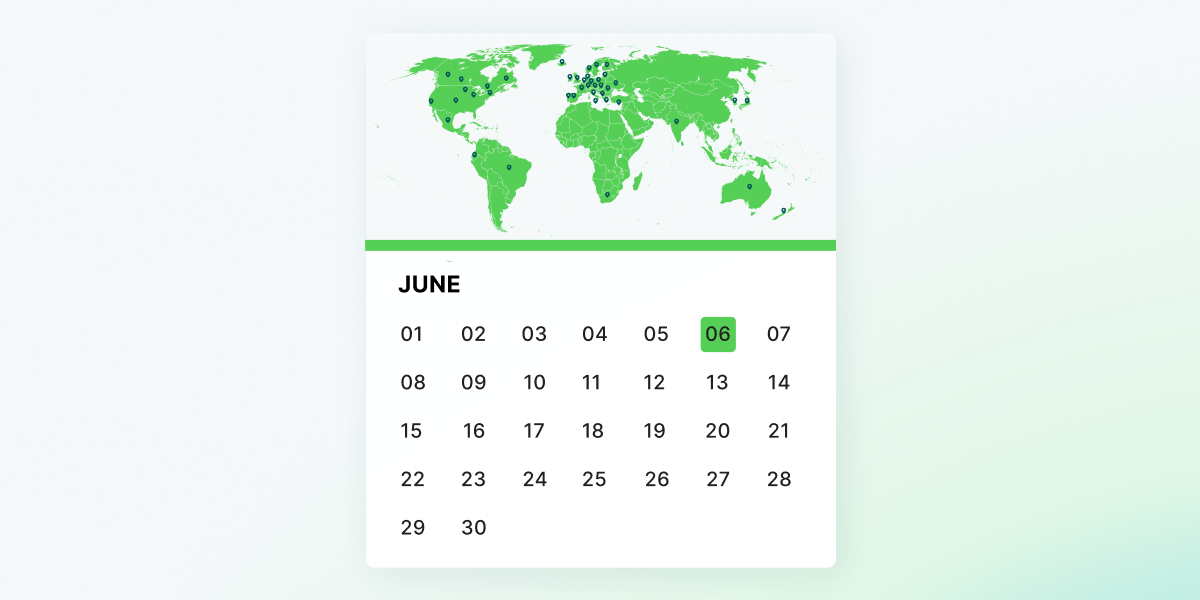The 2024 Arjuna Capital Racial and Gender Pay Scorecard was released this week and it’s grabbing the attention of HR leaders and executives. The scorecard, which grades companies on pay gap disclosures, highlights the growing importance of being proactive about your pay transparency strategy.
Here’s what you need to know so you can start to own your narrative — and avoid getting backed into a corner where you’re forced to disclose.
The list continues to grow
In its seventh year, Arjuna continues to expand the list of companies they evaluate. This year the list nearly doubled, including the 100 largest U.S companies and another 28 engaged by investors, taking many companies by surprise.
We expect the list to continue to grow. Some companies are even asking to be included in order to get credit for their workplace equity commitments. In general, with greater global trends toward voluntary and required disclosures, Arjuna and other activist investors are likely to feel even more emboldened in their quest to force the hands of companies to disclose.
You’re graded on disclosure — Arjuna’s goal is accountability
Perhaps surprisingly, scores are largely based on pay gap disclosures, with some impact from results, spanning:
- Adjusted and unadjusted pay gap disclosures (domestically, in the UK, and new this year, in Ireland)
- Elements of compensation included in your analysis (base salary, bonus, and equity awards)
- The percentage of employees covered
- Publicly stated commitments to ongoing annual disclosures
This means that even if a company has done the work to achieve pay equity or improve representation in leadership, but isn’t sharing those results publicly, it can still receive a low score (even an F).
Arjuna takes the position that transparency leads to accountability. Target and Starbucks both earned a perfect score of A+ because of their “comprehensive disclosures of median and adjusted pay gaps” and “annual commitments to conduct and publish pay equity analyses.”
It’s time to prepare — now
No one wants to open their front door to strangers before they’ve cleaned their house. It’s similar in the case of pay gap disclosures.
As you can see from the list above (with more details on page 25 of the Arjuna scorecard), you have to disclose not only your adjusted pay gap, which centers on the pay of workers in similar roles, but also your unadjusted (or median) pay gap. This compares the average pay of groups of employees overall, regardless of level, title, or department.
To quote Michael Passoff, Co-Author of the Arjuna Capital Racial and Gender Pay Scorecard and CEO of Proxy Impact, “The median pay gap can reflect not only a lack of equal pay for equal work, but perhaps more importantly, it reflects the lack of opportunity for women and minorities to high-paying jobs.”
“The median pay gap can reflect not only a lack of equal pay for equal work, but perhaps more importantly, it reflects the lack of opportunity for women and minorities to high-paying jobs.”
– Michael Passoff, Co-Author of the Arjuna Scorecard and CEO of Proxy Impact
This isn’t the type of pay gap you can close quickly or easily. Companies who are concerned about their Arjuna grade will want to start planning years ahead of when they ultimately disclose. The good news is that you get partial credit if you promise to disclose within the next year, dramatically improving your grade.
Syndio can help. This is our bread and butter
As a workplace equity company, we are intimately familiar with the Arjuna scorecard and the many transparency pressures companies are facing today.
For the last six years we’ve helped the world’s largest global employers, fast-growth tech startups, and everyone in between to:
- Achieve pay equity (check out PayEQ®)
- Measure and reduce opportunity disparities leading to median pay gaps (check out OppEQ®)
- Embed fairness into daily decision making (check out Pay Finder™)
- Centralize global pay gap reporting (use our free pay reporting calculator)
- Build custom narratives for cases just like these (visit our Consulting page)
Want more detail on the scorecard? We can help you better understand Arjuna’s methodology and how they reach their decisions. Want general advice on creating an action plan, how to build buy-in, or anything else related to pay gaps or disclosures? We’re here to help.
Final thoughts: there’s more than just Arjuna
While the Arjuna Capital Racial and Gender Pay Scorecard is top of mind for many companies right now, there are other certifications, voluntary disclosures (such as DEI or ESG reports), awards, and internal employee communications that help to build your brand as an employer of choice.
As an example, Fair Pay Workplace, which is backed by Syndio and independently overseen by an Alliance of Experts, offers a comprehensive certification that covers pay equity methodologies, results, and disclosures. Fair Pay Workplace Certification provides transparency around meaningful metrics that lead to both better employee outcomes and sustainable business change.
We urge companies to build a communications plan that’s not only proactive, but that’s aligned to your company values and goals, as well as the needs of your unique employee population.
Check out more workplace equity insights and trends related to the pay transparency era here.
The information provided herein does not, and is not intended to, constitute legal advice. All information, content, and materials are provided for general informational purposes only. The links to third-party or government websites are offered for the convenience of the reader; Syndio is not responsible for the contents on linked pages.


